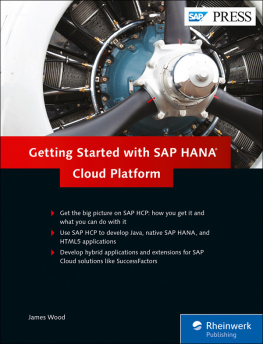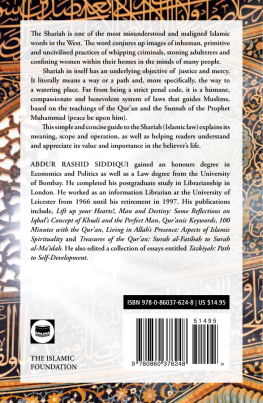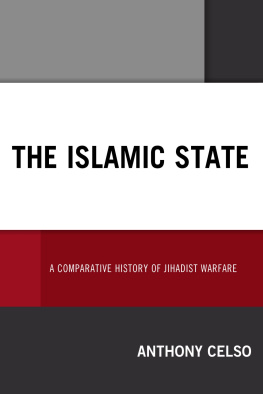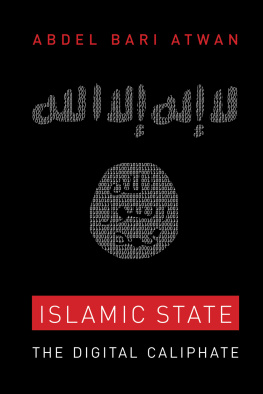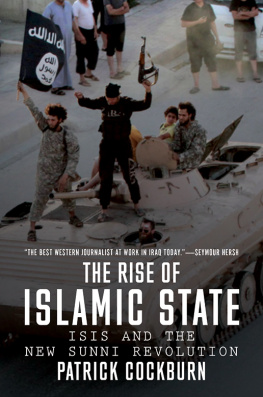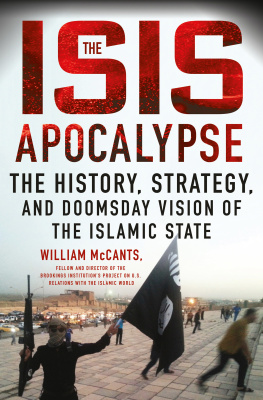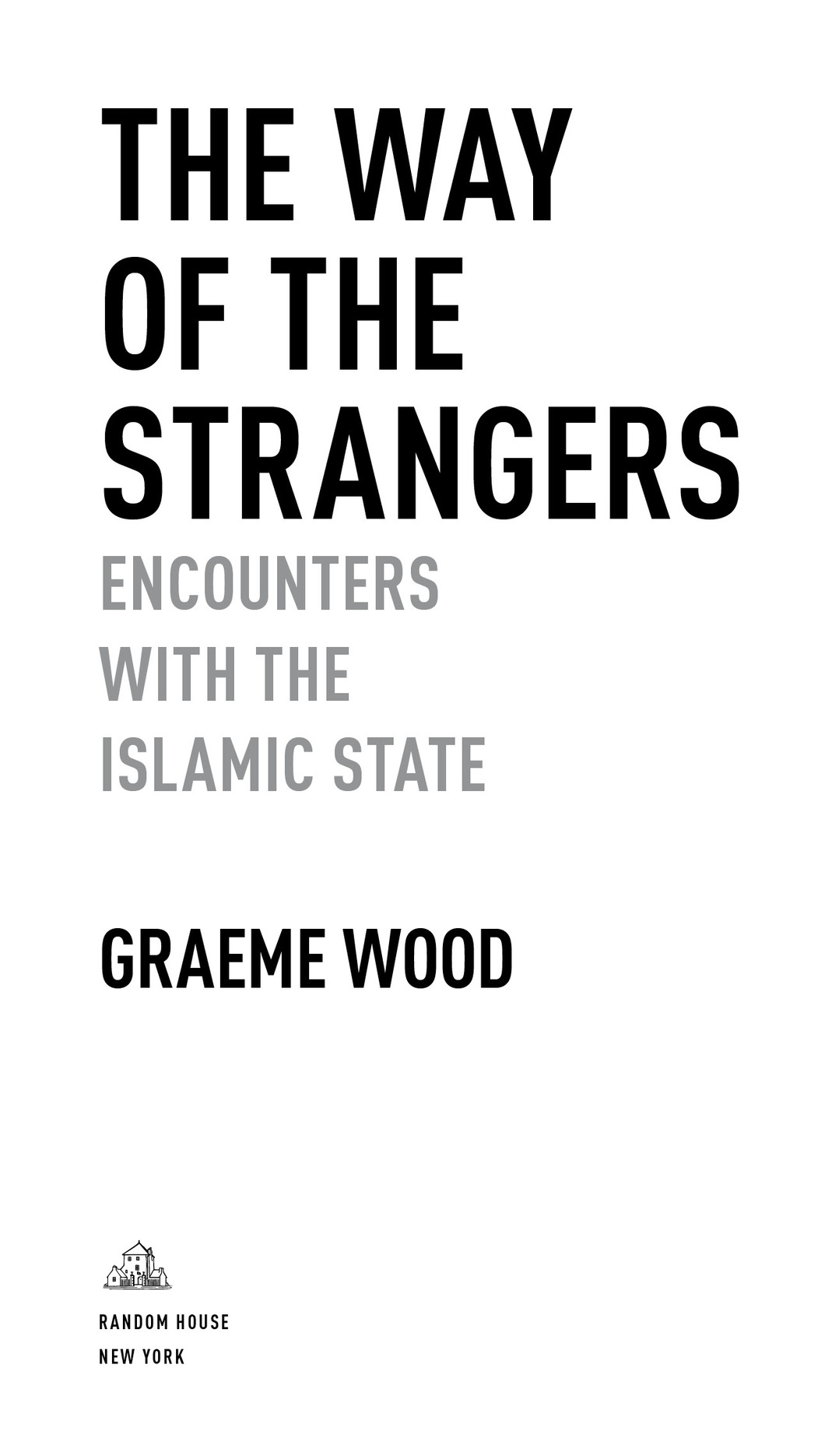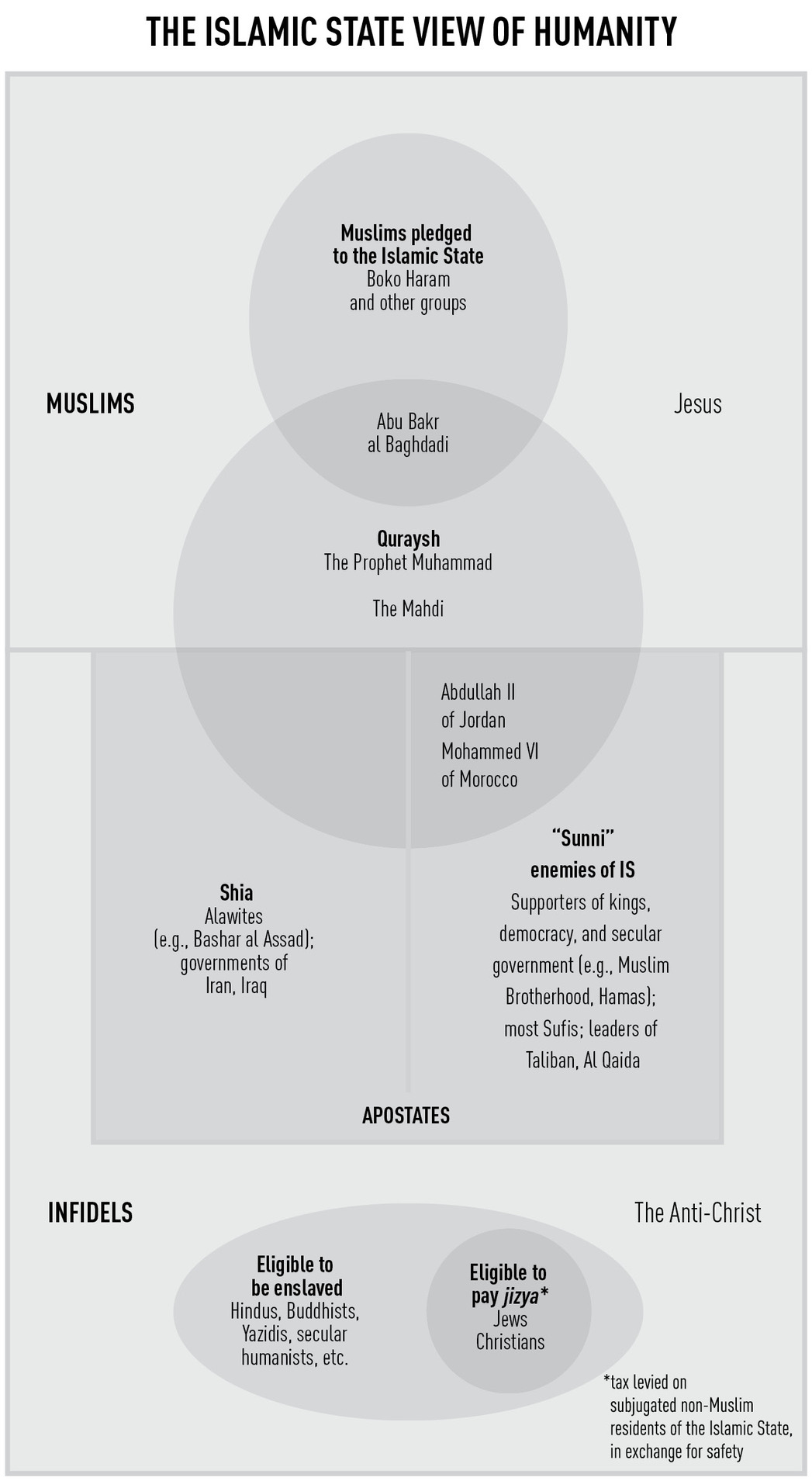All rights reserved.
Published in the United States by Random House, an imprint and division of Penguin Random House LLC, New York.
R ANDOM H OUSE and the H OUSE colophon are registered trademarks of Penguin Random House LLC.
Abu Huraira reported: The Messenger of God, peace and blessings be upon him, said, Islam began as something strange and it will return to being strange, so blessed are the strangers.
They were brought up in houses like his own. They were raised by parents like him. And so many were girls, girls whose political identity was total, who were no less aggressive and militant, no less drawn to armed action than the boys. There is something terrifyingly pure about their violence and the thirst for self-transformation. They renounce their roots to take as their models the revolutionaries whose conviction is enacted most ruthlessly. They manufacture like unstoppable machines the abhorrence that propels their steely idealism. Their rage is combustible. They are willing to do anything they can imagine to make history change.
This was his daughter, and she was unknowable. This murderer is mine.
A NOTE ON TERMINOLOGY
The war against the Islamic State is not primarily a war of words, though it is sometimes treated as one. To discredit and annoy the Islamic State, its enemies often insist on calling it ISIS, the so-called Islamic State, Daesh, or the un-Islamic State. This name-calling has yet to show any palpable effect. Were happy to have you discussing whether to call us Daesh, ISIL, or ISIS, one supporter of the Islamic State told me. As long as youre talking about that, he saidand not about theology, politics, or military operationswe know youre not taking us seriously.
Throughout this book, I refer to the Islamic State. Some readers will recoil at my decision to use the name the Islamic State calls itself. No writer has yet discovered neutral terms to describe the Islamic State or its beliefs, and my choice is not an endorsement. By calling it the Islamic State, I am no more supporting it than I am implying divine favor for Hizbullah when I use its name, which means the Party of God.
The Islamic State has many names, all of which describe the same entity:
The Islamic State in Iraq and the Levant (ISIL)
The Islamic State in Iraq and Sham (ISIS)
Daesh or Daesh
The Islamic State
Sham is an Arabic name for the Levant, the geographic area roughly encompassing modern Syria and Lebanon, and possibly the West Bank and Jordan. The acronyms ISIL and ISIS differ only in that ISIL uses the English word for the Levant, and ISIS uses the Arabic word for the Levant and English for the rest.
The Arabic equivalent of the Islamic State in Iraq and Sham is al Dawlah al Islamiyya fi-lIraq wa-l Sham. Arabic-speaking opponents of the group prefer the acronym Daesh because it sounds similar to words ranging in meaning from trample to uncouth. The a in Daesh stands for the Arabic word for Islamic, and the d stands for State (dawlah). The letter is the Arabic letter ayn (), which represents a sound rarely made by English-speakers. (My first Arabic teacher taught me to practice it by singing along to the Rolling Stones song Angie. The fourth time Mick Jagger sings the name Angie, he produces a perfect ayn.)
Calling the entity Daesh in no way denies its claim to be an Islamic state. The term does, however, annoy the Islamic States partisans. Their preferred label is the Islamic State, and they have whipped people and threatened to cut out their tongues for saying Daesh. Also acceptable to the Islamic State are al Dawlah (the State) and al Khilafah (the Caliphate, led by a khalifah [caliph]). They say that the entity known as ISIS or ISIL dissolved upon its declaration of a caliphate in June 2014 and became the Islamic State.
The Islamic State maintains its own armory of insults and praise. As an extreme Sunni group, it reserves the word Muslim for a small group of fellow Sunnis, and it has strong negative views of Shia theology. Other self-described Muslims are not considered Muslims at all. They have nullified their Islam by act or belief, and they must repent or be killed.
First among these are the Shia. The Islamic State considers them ex-Muslimsthat is, apostates, people who have left the faith. The Sunni-Shia split began over the question of who should succeed Muhammad as leader of the Muslims after his death in 632. The Shia wanted to follow members of Muhammads family, and the Sunni chose leaders from the community of Muslims as a whole, without preference for the Prophets line. The Islamic State claims that the Shia have, up to the present day, refused the legitimate leadership; it calls them rawafidh or rafidha [refusers]. On these points, the Islamic States propaganda is clear:
The scholars also called [the Shia] so because the Rfidah rejected the immah [leadership] of [the first Sunni caliphs] Ab Bakr, Umar, and Uthmn, because they rejected the Sahbah [companions of the Prophet], because they rejected the Sunna [example of the Prophet], and because they essentially rejected the Qurn and the religion of Islam.
In refusing the Koran, the Shia left Islam, and so every Shia is a murtadd [apostate] and must be killed.
Most of those the Islamic State considers apostates consider themselves Muslim. To claim or imply that the Prophet Muhammad and the Holy Koran are imperfect, or that their commands are optional or in need of revision or reinterpretation, are all potential acts of apostasy and would likely incur the death penalty in the Islamic State. Since the Islamic State believes that many actions and beliefs constitute apostasy, when its followers use the term Muslim they do so in a highly restricted sense, to which the vast majority of self-identified Muslims would strenuously object.
Any so-called Muslim ruler who rules contrary to Gods will (for instance, by holding elections, legalizing consumption of pork or alcohol, or not stoning adulterers) is an apostate. This harsh standard yields counterintuitive results, since the Islamic State considers even most well-known Islamists (including the leaders of Hamas and the Muslim Brotherhood, and Recep Tayyip Erdoan of Turkey) apostates. Because they replace Gods law with their own, they are guilty of



